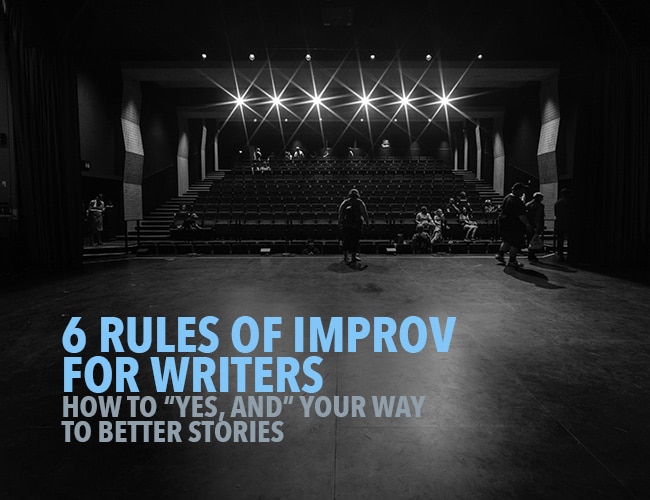
by Joslyn Chase |
People sometimes have an idea that pro writers spring fully formed from the head of Zeus and start pumping out content, but it takes years of practice and commitment to establish a career as a writer. And there are virtually no successful writers who didn’t start out with jobs, families, and an assortment of life challenges demanding their time and attention.
I want to be clear that there’s absolutely nothing wrong with writing as a hobby, just for fun and when you feel like it. It’s a fantastic pastime and very worthwhile. In this post, however, I’ll be addressing those who aim to embrace writing as a career.
It’s not easy, but if writing is your passion and you want to be a long-term professional, you can find a way to make it happen. This article will give you some effective strategies to employ on the journey.

by Joslyn Chase |
Coming up with a story idea isn’t hard. Coming up with a story idea that hits it out of the park, fires on all cylinders, and has never been done before is. In fact, it’s the equivalent of winning the lottery—an unlikely event that can burn up your resources if you’re not careful.

by Joslyn Chase |
You just want to tell a story in the best way you know how. You work hard to express yourself, observing the rules of grammar you’ve been taught. But what if those rules aren’t really rules?

by Joslyn Chase |
Have you ever faced this kind of issue? You have a scene goal in mind, you know the characters involved, where they are and what they want, but HOW does the scene play out? What exactly happens to bring the characters from Point A to Point B in the story?
That’s when the power of improv might come in handy.

by Joslyn Chase |
Imagine attending a football game with no rules. I don’t know about you, but there’s a limit to how excited I could get about watching a bunch of men run around with no particular aim in mind. Really, except for the tight pants, it would be pointless.
What makes the game worth watching is knowing your team has a goal, and knowing there’s an opposing team aiming to stop them from achieving it. That’s what pulls you to the edge of your seat, screaming and pumping your fist in the air.
It’s the same when you read fiction. If the writer hasn’t told you how to keep score, you have no way of knowing whether the characters are drawing nearer or farther from accomplishing their goals, and little reason to care.







